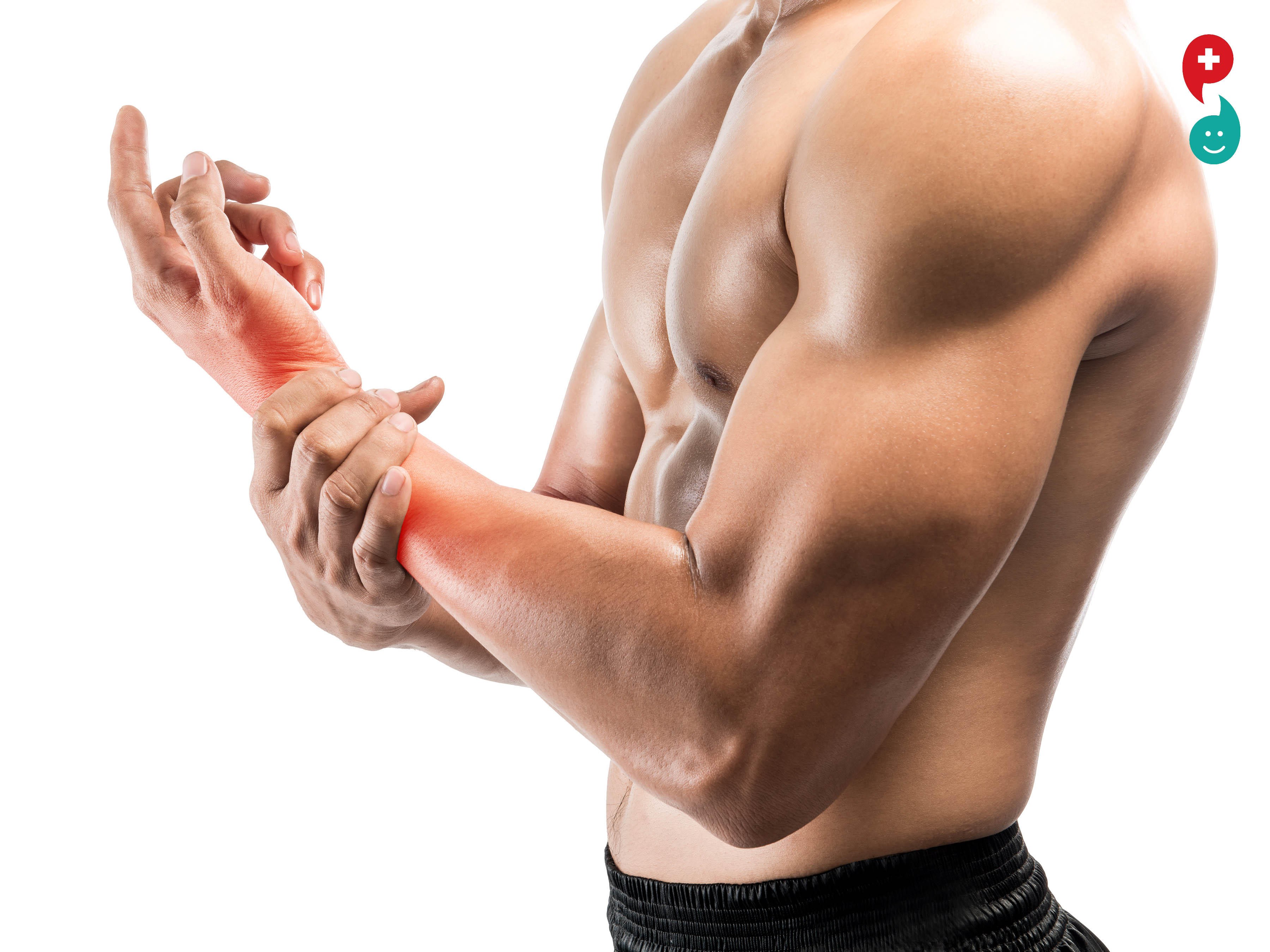
Muscle pain, also called myalgia, is experienced by many. The most common cause of localized muscle pain is overuse or injury of a muscle (strain). On the other hand, viral infections like influenza (the "flu") may cause systemic muscle pain, as can taking certain medications or having a disease like fibromyalgia or hypothyroidism.
Muscle pain can feel different—aching, cramping, stabbing, or burning—depending on what's behind it. In the end, diagnosing the reason for your muscle pain requires a medical history, physical examination, and sometimes, blood and/or imaging tests. Rarely, a muscle biopsy is required.
Once diagnosed, your doctor will devise a treatment plan—one that will hopefully give you the relief you deserve.
What are muscle aches?
Muscle aches, or myalgia, are extremely common. Almost everybody has experienced discomfort in their muscles at some point.
Because there is muscle tissue in nearly all parts of the body, this type of pain can be felt practically anywhere...
What are the most common causes of muscle aches?
Often, people who experience muscle aches can easily pinpoint the cause. This is because most instances of myalgia result from too much stress, tension, or physical activity. Some common causes include:
muscle tension in one or more areas of the body
overusing the muscle during physical activity
injuring the muscle while engaging in physically demanding work or exercise
What types of medical conditions can cause muscle pain?
Not all muscle aches are related to stress, tension, and physical activity. Some medical explanations for myalgia include:
fibromyalgia
infections, such as the flu, polio, or bacterial infections
autoimmune disorders such as lupus, dermatomyositis, and polymyositis
use of certain medications or drugs, such as statins, ACE inhibitors, or cocaine
thyroid problems, such as hypothyroidism or hyperthyroidism
hypokalemia (low potassium)
Easing muscle aches at home
Muscle aches often respond well to home treatment. Some measures you can take to relieve muscle discomfort from injuries and overuse include:
resting the area of the body where you are experiencing aches and pains
taking an over-the-counter pain reliever, such as ibuprofen (Advil)
applying ice to the affected area to help relieve pain and reduce inflammation
Shop for ibuprofen.
You should use ice for one to three days following a strain or sprain, and apply heat for any pain that remains after three days.
Find ice packs and heat packs on Amazon.
Other measures that may provide relief from muscle pain include:
gently stretching the muscles
avoiding high-impact activities until after the muscle pain goes away
avoiding weight-lifting sessions until the muscle pain is resolved
giving yourself time to rest
doing stress-relieving activities and exercises such as yoga and meditation to relieve tension







